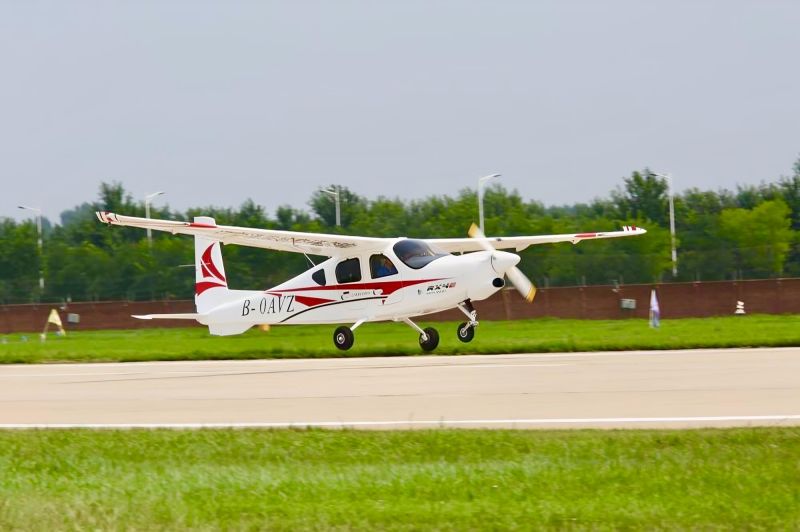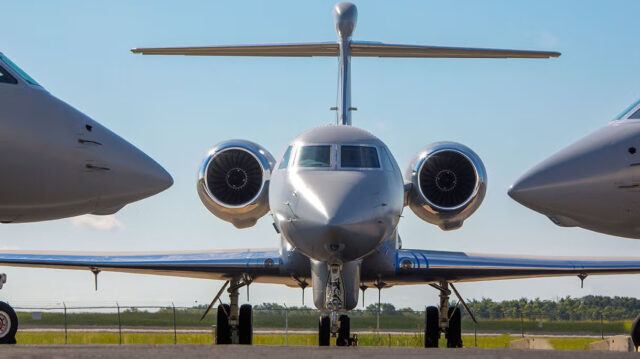
The Civil Aviation Administration of China (CAAC) has issued the world’s first type certification for an electric aircraft certified under Part 23 regulations to Liaoning General Aviation Academy (LGAA)’s RX4E.
The high-wing, fixed tricycle-gear, four-seat platform made its first flight in October 2019 – and, crucially, can now be used for commercial purposes. Its manufacturer estimates its duration to be in the region of an hour and a half, with a range of 235 km (based on a cruising speed of 200 km/hr).
The RX4E will be marketed by LGAA’s global sales partner, Volar Air Mobility, which heralded the certification as marking “a new era for sustainable aviation, paving the way for commercialisation of electric aircraft in the advanced air mobility market”. In line with its commitment to introducing the RX e-series globally, Volar concluded that “this green aviation solution aims to bridge gaps in short-haul regional air mobility, specifically in developing countries with limited road infrastructure”.
Marginally larger than the four-seat Piper PA-28, perhaps the most notable difference between the RX4E and the ubiquitous Cherokee is its wingspan – with the RX4E’s 13.5m significantly longer than the latter’s 9.14m. Interestingly for a high-wing aircraft, there are also no bracing struts supporting the wings. As its manufacturer explains, the aircraft’s “high efficiency electric propulsion system integration, high lift drag ratio aerodynamic layout design” is also complemented by its “light, efficient and low-cost composite structure design and manufacturing”.
The RX4E builds on LGAA’s earlier offering, the RX1E, which became the world’s first light sport aircraft in 2015 after receiving type certification from CAAC. In 2021, a modified version of this two-seater – fitted with floats instead of conventional landing gear – became the world’s first certified electric float plane, the RX1E-S.
However, rather than sit back and celebrate the success of its most recently certified all-electric aircraft, LGGA is also exploring a hydrogen variant of the RX4E – albeit currently only in the demonstration phase – with a prototype airframe retrofitted with a hydrogen-burning internal combustion engine.















